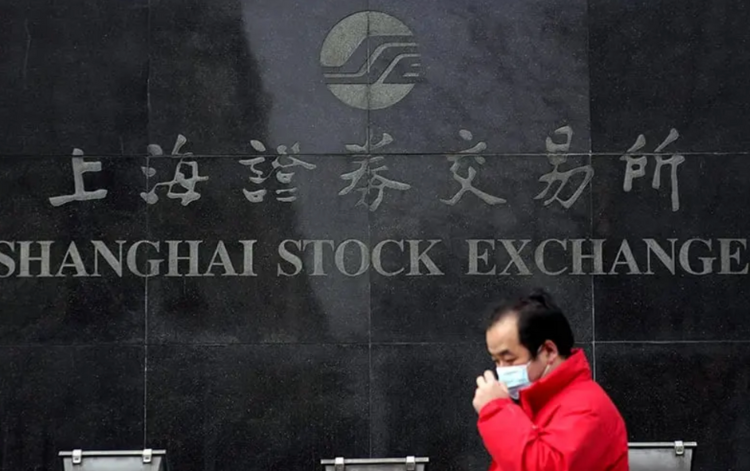Can China Spend Its Way Out of a Slump?

Sign up for Global Macro Playbook: Stay ahead of the curve on global macro trends.
China's economic engine is sputtering. The property market is frozen, prices are deflating, and a record number of young people can't find jobs. Faced with the crisis, Beijing is abandoning its cautious approach and vowing to unleash a wave of fiscal stimulus - injecting an estimated 7.5 trillion yuan (US$1.07 trillion), or equivalent to 6 per cent of the country’s 2024 GDP, into the market.
This fiscal jolt, announced in late September, together with a stronger-than-expected monetary stimulus from China's central bank, has fueled a stock market rally. In the two weeks following the announcements, the Shanghai Composite surged 20%, while the Hang Seng leaped 30%, signaling investors' belief that Beijing might finally be ready to deploy its full financial arsenal. This optimism is shared by analysts at UBS, who, in a recent note, argue:
Past equity rallies, as in May 2023, have fizzled out when key stimulus or policy changes failed to match their initial promise. Part of our own optimism this time around reflects our anticipation of significant additional fiscal and monetary support, including 50-100 basis points of cuts to banks’ reserve requirement ratio (RRR) and 20-50bps of policy rate cuts by end 1H25. We also anticipate multiple rounds of fiscal stimulus worth CNY 2-5tr, focused on affordable housing and investing in social welfare. Sufficiently large stimulus could allow GDP growth targets to remain anchored around Beijing’s preferred 5% level in the coming years.
This optimistic outlook hinges on Beijing's ability to follow through with substantial action. However, doubts linger. Can China truly spend its way out of problems that run far deeper than a temporary demand slump?
Doubts About Deep-Rooted Problems
The scale of the challenge is undeniable. As Bloomberg's Shuli Ren notes, "The property market is cooler than ever, producers’ deflation is entering a third year, and youth unemployment hit a record high again." The Politburo's unusually timed September meeting, typically reserved for broader economic discussions, underscored the urgency. A key takeaway: a renewed emphasis on fiscal policy.
Previous attempts to boost the economy relied heavily on monetary easing by the People's Bank of China (PBOC), but those measures have largely fallen flat. "Xi is now aware why PBOC’s monetary easing has not worked," Ren argues. Local governments, once engines of growth, have been crippled by the property downturn, resorting to "exorbitant fines" to make ends meet — a tactic that has stifled consumer confidence and investment.
The Politburo, however, appears ready to act. As Ren explains, their meeting emphasized "fiscal spending and borrowing, including the issuance and deployment of ultra-long sovereign as well as special-purpose municipal bonds." Bloomberg reports that the government is even considering a staggering $142 billion capital injection into major banks, while Reuters suggests $284 billion in new sovereign debt could be on the horizon.
Can Beijing Engineer a Consumption Boom?
This new approach extends beyond broad fiscal measures. Addressing China's deepening youth unemployment crisis is another priority. With a record 18.8% of urban youth aged 18-24 unemployed, Beijing is feeling the pressure to create "quality jobs," moving away from President Xi's previous exhortations to “eat bitterness.” The government has pledged to provide social security benefits to graduates unemployed two years after leaving university — a tacit acknowledgment of the structural challenges facing Gen Z.
Beijing is also doubling down on efforts to stabilize the ailing property market. The PBOC will significantly ramp up its re-lending program for distressed developers, increasing its share of principal coverage from 60% to 100% — a clear sign of willingness to take more direct action.
While initial market reactions have been positive, long-term questions linger. Shehzad Qazi of China Beige Book cautions,
Beijing has no track record of effectively boosting consumer demand, nor did the Party lay out many concrete steps it plans to take here (disregarding 'guidance' to localities). One can certainly hope for a wealth effect from stocks and property, but stocks will be temporary, and the wealth decline from property is overwhelming compared to any relief.
Will these ambitious spending plans be enough to offset China's deep-seated structural issues? Can Beijing truly engineer a shift towards consumption-led growth? For now, the world watches.